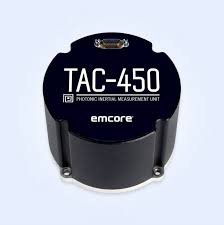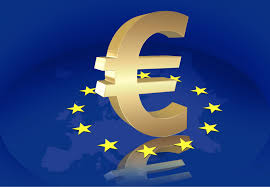Due to concerns that “buy-now, pay-later” (BNPL) businesses like Klarna and Affirm Holdings are damaging customers with their rapidly expanding financing options, the U.S. Consumer Financial Protection Bureau (CFPB) said on Thursday that it plans to begin regulating BNPL businesses.
According to the statement, the watchdog, which does not currently regulate BNPL businesses or their products, will publish regulations or recommendations to harmonize industry standards with those of credit card companies. The agency added that it would conduct suitable supervision exams.
The change will be a setback for the industry, which is already feeling the pinch from higher funding costs and decreased American consumer spending amid skyrocketing inflation.
It also represents a significant attack for Rohit Chopra, director of the Consumer Banking Protection Bureau, who has vowed to closely monitor tech-driven businesses as they progressively intrude on the traditional financial sector.
The divide between banking and commerce has often existed in the United States, but when major tech-style business strategies are embraced in the payments and financial services industry, he warned reporters that it might no longer exist.
BUY NOW, PAY LATER businesses WERE POPULARIZED BY PANDEMIC
As more Americans turned to internet shopping during the coronavirus outbreak, BNPL services—which let customers divide purchase payments into installments—exploded in popularity. Online retailers are charged a fee by providers for each transaction.
The CFPB discovered, following an investigation last year, that BNPL service providers Affirm Holdings, Block’s Afterpay, Klarna, PayPal, and Australia’s Zip Co-created a combined 180 million loans in 2021 totaling $24.2 billion, an increase of more than 200% from 2019.
However, the CFPB stated in its study that it was concerned that its products would provide a danger to consumers, pointing out a lack of uniform disclosures among the five companies surveyed and the possibility of consumer overextension.
According to the CFPB, lenders may have an incomplete view of a borrower’s liabilities, including BNPL loans at competing companies, because BNPL providers do not send data to credit reporting agencies.
The organization also mentioned client data collecting as a consumer danger and declared it will begin outlining data surveillance techniques BNPL businesses have to steer clear of.
After the financial crisis of 2008, the CFPB was established to take action against predatory lenders like mortgage companies and payday lenders.
Although BNPL companies have not historically been under the agency’s purview, Chopra told reporters in July that he thinks he has the authority to supervise business practices when they resemble those of conventional financial services organizations.
However, BNPL firms are likely to dispute that claim.
This year, the share prices of publicly traded “buy-now, pay-later” businesses have been under pressure, with Affirm and Zip each declining by more than 75%. In July, the value of Klarna dropped by around 85%.


















